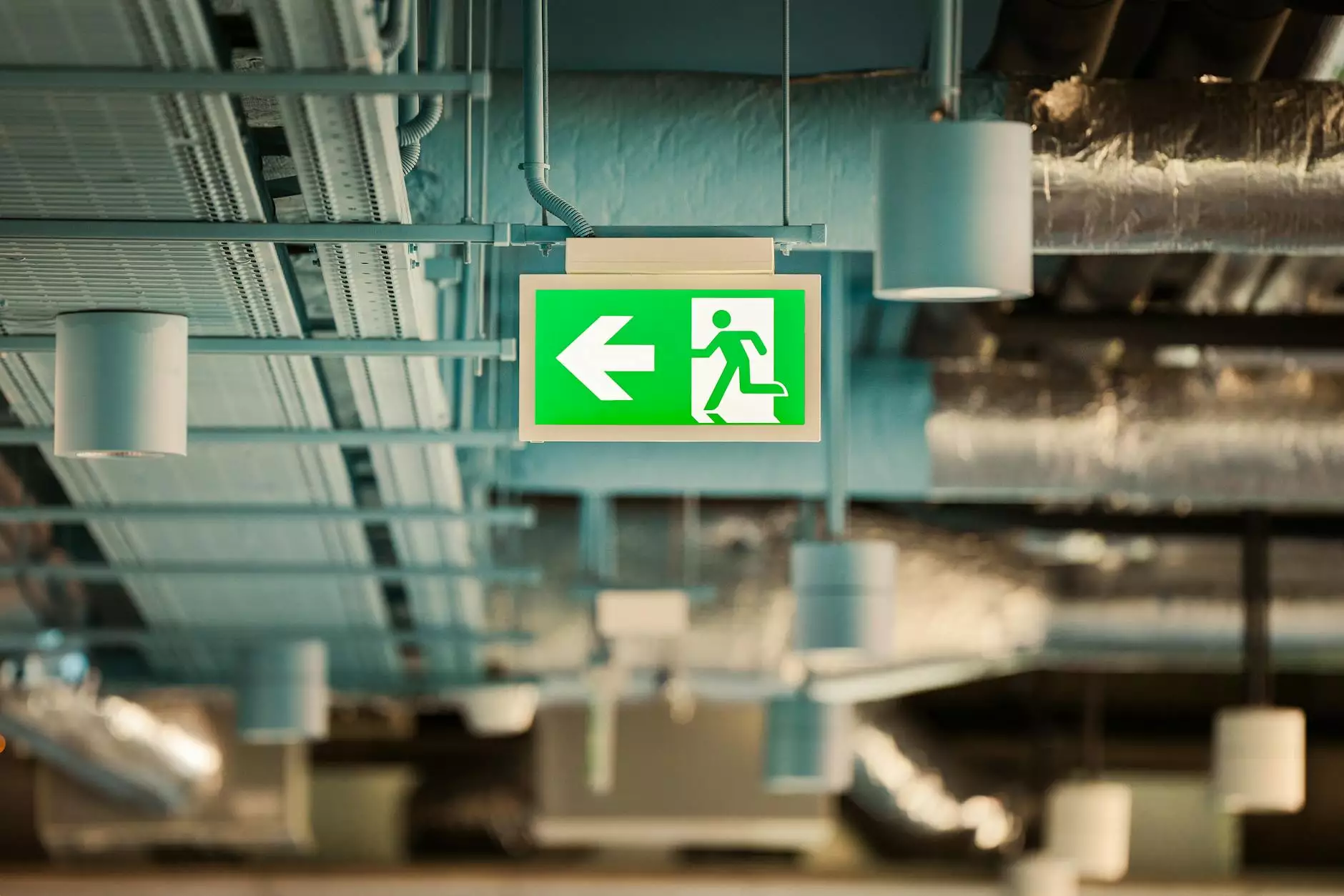The Impact of Industrial Drones on Modern Business

Industrial drones have emerged as a transformative technology, reshaping various industries and redefining the way businesses operate. With advancements in technology and their decreasing costs, these aerial vehicles are now more accessible than ever, revolutionizing sectors such as agriculture, construction, logistics, and many more. This article delves into the multifaceted benefits of industrial drones and how they can significantly enhance operational efficiency and effectiveness.
What Are Industrial Drones?
Industrial drones are unmanned aerial vehicles (UAVs) specifically designed for commercial applications. Unlike recreational drones, industrial drones are equipped with advanced functionalities and are tailored to serve particular sectors such as:
- Agriculture: Used for crop monitoring, surveying, and precision farming.
- Construction: Employed for site surveying, mapping, and progress tracking.
- Logistics: Facilitating package delivery and inventory management.
- Energy: Inspecting power lines, pipelines, and renewable energy assets.
- Real Estate: Capturing aerial imagery and video for property promotion.
These drones come equipped with high-resolution cameras, LiDAR, and other sensors, enabling them to collect data and provide insights that were previously difficult or impossible to obtain. With their ability to fly autonomously or be controlled remotely, industrial drones have paved the way for efficiency and innovation in business operations.
The Advantages of Industrial Drones
Utilizing industrial drones can offer a plethora of advantages for businesses, which include:
1. Enhanced Efficiency and Productivity
Implementing industrial drones significantly reduces the time needed for tasks such as surveying land, inspecting infrastructure, or monitoring crops. For instance, traditional methods of conducting land surveys can take days or even weeks, while drones can accomplish similar tasks in a matter of hours, thus enhancing overall productivity.
2. Cost Savings
Once the initial investment in drone technology is made, industrial drones can lead to substantial cost savings. These savings arise from reduced labor costs, decreased operational downtime, and minimized resource wastage. For example, farmers using drones for precision agriculture can optimize their crop yields and reduce input costs like fertilizers and water.
3. Improved Safety
Conducting inspections and surveys at heights or hazardous locations can expose workers to danger. However, using drones removes the need for manual inspections, thereby reducing the risk of workplace accidents and enhancing employee safety.
4. High-Quality Data Collection
Equipped with sophisticated cameras and sensors, industrial drones capture high-resolution imagery and data analytics that aid decision-making. The insights gained from drone data allow for improved planning and strategy development in various business operations.
5. Environmental Monitoring and Management
Drones can help businesses monitor environmental compliance by conducting assessments and inspections of ecological impact. This not only helps in adhering to regulations but also promotes corporate responsibility and sustainability.
Applications of Industrial Drones Across Various Industries
The versatility of industrial drones allows them to be applied across multiple industries. Here are some notable applications:
Agriculture
In the agricultural sector, drones play a pivotal role in:
- Crop Surveillance: Drones can monitor crop health and identify issues such as diseases or pests.
- Field Mapping: They provide detailed maps that assist in precision farming techniques.
- Aerial Seeding: Drones can even distribute seeds over large areas efficiently.
Construction
Drones are revolutionizing the construction industry through:
- Progress Tracking: They offer real-time aerial imagery of construction sites, improving communication and accountability.
- Safety Inspections: Drones conduct rooftop inspections, thus minimizing risks to human inspectors.
- 3D Mapping: They create accurate 3D models of sites for better planning and management.
Logistics and Delivery
In logistics, the potential applications include:
- Last-Mile Delivery: Drones can deliver packages directly to consumers, reducing delivery times.
- Inventory Management: Drones can assist in tracking and managing stock in warehouses with real-time updates.
Energy Sector
The energy industry benefits from drones through:
- Infrastructure Inspections: Drones inspect wind turbines, solar panels, and power lines quickly and safely.
- Data Collection: They gather data on environmental conditions affecting energy sources.
Real Estate
Drones contribute to the real estate sector by:
- Aerial Photography: Capturing stunning images of properties from unique angles.
- Virtual Tours: Creating immersive experiences for prospective buyers.
The Future of Industrial Drones
As technology continues to advance, the future of industrial drones appears bright. Here are some trends to watch for:
1. Enhanced AI Capabilities
The integration of artificial intelligence will enhance the capabilities of drones, allowing for smarter data processing and decision-making. Drones will be able to analyze data in real-time, thus offering insights that were previously unattainable.
2. Regulation and Standardization
As drone usage increases, so does the need for regulatory frameworks to ensure safety and privacy. Expect to see more comprehensive guidelines governing drone operations, which will help businesses implement them with confidence.
3. Solar-Powered and Eco-Friendly Drones
With growing concerns about environmental impact, the development of solar-powered drones is on the rise. These drones can operate longer without recharging, allowing for more extensive applications in various sectors.
4. Increased Autonomy
The trend towards fully autonomous drones is set to grow. Future industrial drones will be able to perform complex tasks without human intervention, vastly improving efficiency and opening up new possibilities.
Conclusion: The Transformative Power of Industrial Drones
In conclusion, industrial drones are not just a trend; they represent a fundamental shift in how businesses operate. From increasing efficiency to ensuring safety and cost savings, the impact of using drones across industries cannot be overstated. As technology continues to evolve, businesses that integrate drones into their operations will gain a competitive advantage and lead their industries into the future.
For businesses seeking to explore the potential of industrial drones, partnering with a knowledgeable provider such as a-drones.com can be a strategic move. With the right technology and support, companies can unlock new levels of efficiency and innovation in their operations.









